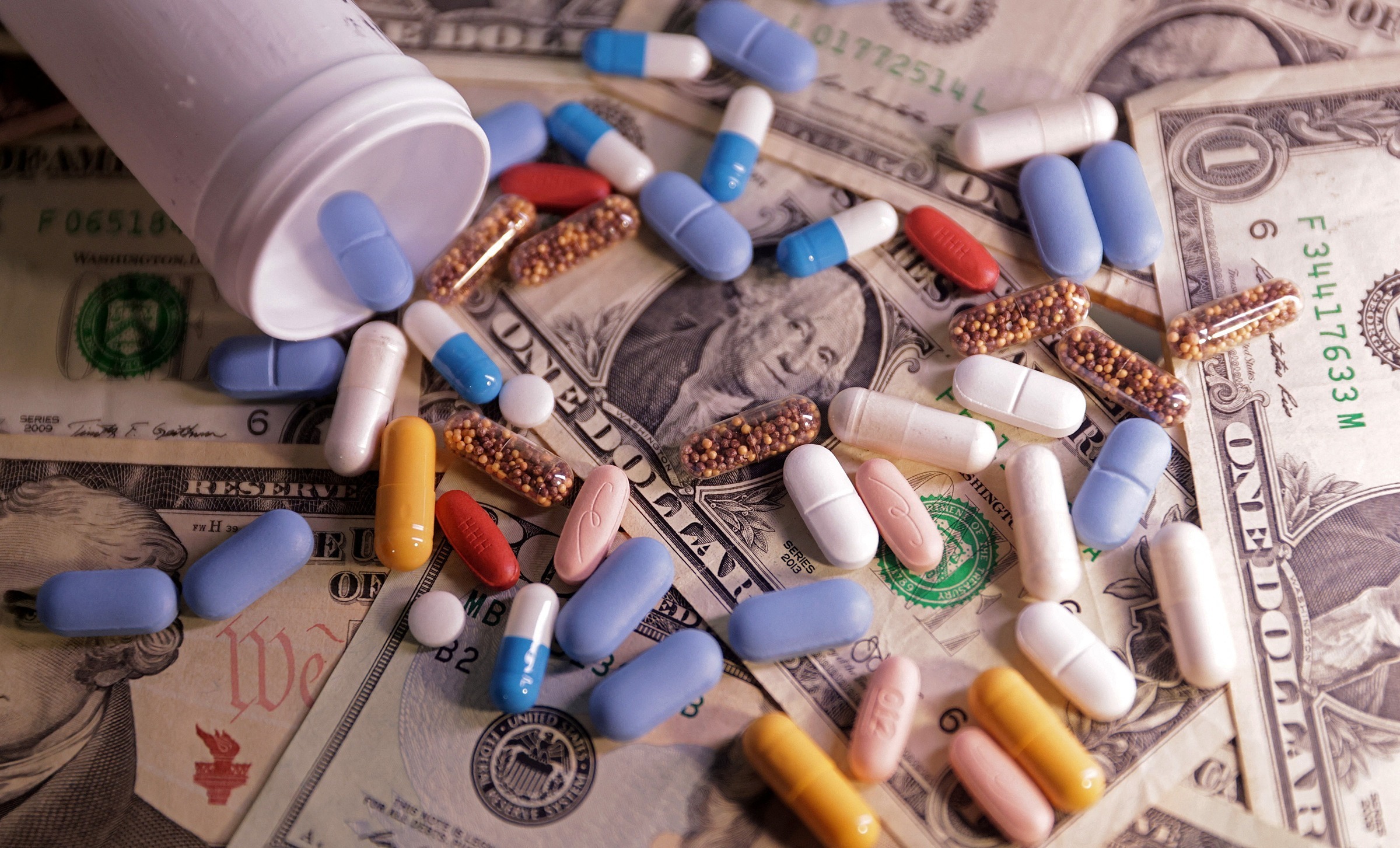In an interview with CNBC on 5/8, Trump stated his intention to initially implement "small tariffs" on pharmaceuticals. However, he indicated these could escalate to a "maximum level" of 150-250% within the following 1 to 1.5 years.
This represents the highest tariff rate Trump has mentioned regarding this issue. Previously, during a cabinet meeting on 8/7, he stated that tariffs on pharmaceuticals imported into the US were coming "soon," suggesting rates as high as 200%.
Since April, the Trump administration has been investigating pharmaceutical imports to assess the possibility of imposing tariffs if the US becomes overly reliant on foreign supply. The investigation is based on Section 232 of the Trade Expansion Act of 1962, the same legislation Trump cited for investigations and tariffs on aluminum, steel, and automobiles.
 |
The US is investigating pharmaceutical imports to assess the possibility of imposing tariffs. Photo: Reuters |
The US is investigating pharmaceutical imports to assess the possibility of imposing tariffs. Photo: Reuters
While the pharmaceutical industry has typically been exempt from trade tariffs due to its essential nature, Trump has repeatedly criticized the industry's "unfair" pricing practices and urged companies to bring production back to the US. "We want pharmaceuticals to be manufactured domestically," he told CNBC.
Under this pressure, several foreign pharmaceutical companies, such as Novartis, Sanofi, and Roche, along with domestic companies like Eli Lilly and Johnson & Johnson, have pledged significant investments in the US. However, the pharmaceutical industry has warned that import tariffs will drive up costs, disrupt drug supply chains, and put patients at risk.
Last week, Trump sent a letter to 17 pharmaceutical companies, urging them to commit to gradually reducing drug prices in the US by 29/9. One of the demands was that companies sell their entire drug portfolios at the lowest price offered in other developed countries to all Medicaid patients. Some pharmaceutical companies have said they are reviewing the letter.
Ha Thu (CNBC, Reuters)












